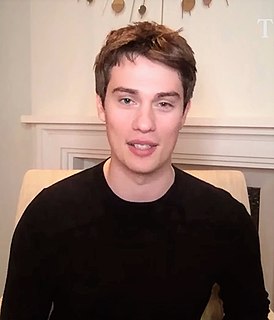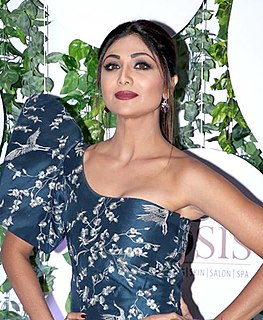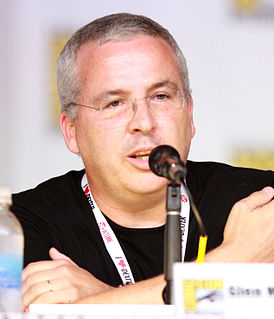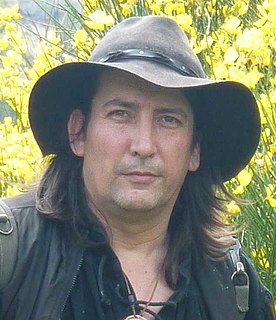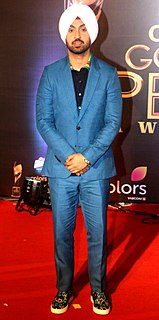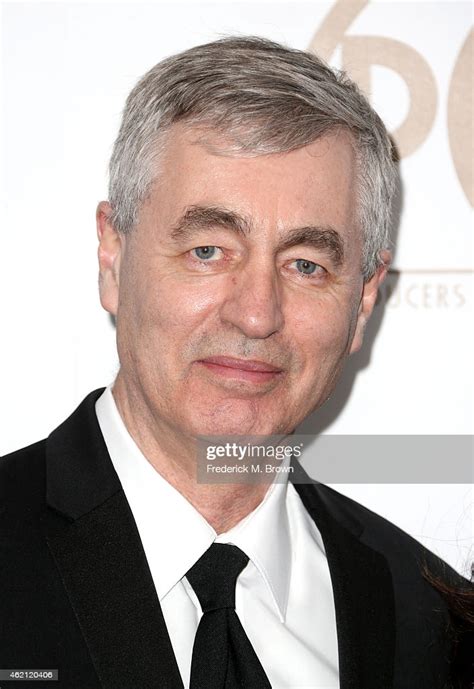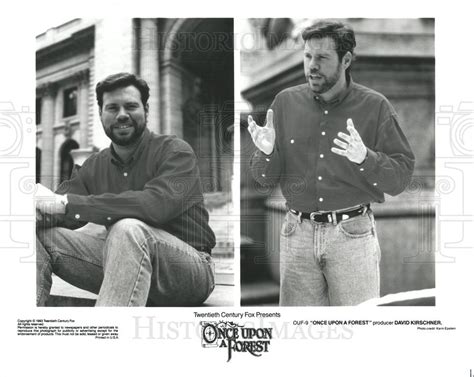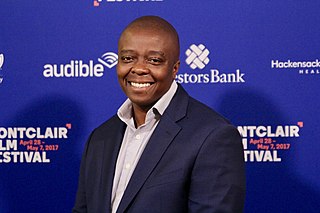A Quote by William Monahan
I don't think Roger Ebert has ever mentioned a screenplay. He assigns every auctorial move to the director, which makes some sense since the director has run a one-off game, but if Hamlet were written last year and had been only performed once as a film, and it didn't come off well on screen for whatever reason, it would be gone forever as a literary work, and never would have been considered as one.
Related Quotes
I've been through my fair share of highs and lows. Yes, I've been written off, and it amazes me, and it amuses me, also, when I'm written off by the press cause then I tell them that's just the lull before the storm. And every time I've been down, I've been down, never out. So it just makes me work a lot harder.
I don't recall a show I've ever been on that had the same director do two episodes in a row, but in England, they do it all the time. In England, they'll just have one director for eight episodes. That was the British system that Jane Tranter and Julie Gardner wanted to bring to the States. I think there was a nice merger of the two systems. They might have gone with one director, but John had obligations on The Village, and he had to leave and come back, so it seemed like a natural place to break it up.
As a child, what I was missing was so much bigger to me than what I had. My mother-mythic, imaginary-was a deity and a superhero and a comfort all at once. If only I'd had her, surely, she would have been the answer to every problem; if only I'd had her , she would have been the cure for everything that ever had gone wrong in my life.
First, there has been a lot of interest in The Drive-in, but, alas, it hasn't actually come to fruition. Maybe soon. Don really got Bubba and I didn't think it could be a film. I thought it was too odd to make it to film. He asked me to do the screenplay, but I declined. I didn't see that it could be a screenplay but he wrote one and proved me wrong. He was always considerate about what I thought about the film and the story's presentation, but in the end, he's the director and he had to make decisions. All good ones.
Film’s thought of as a director’s medium because the director creates the end product that appears on the screen. It’s that stupid auteur theory again, that the director is the author of the film. But what does the director shoot-the telephone book? Writers became much more important when sound came in, but they’ve had to put up a valiant fight to get the credit they deserve.
In Hong Kong, in our generation that started out in the 1970s, being a director wasn't a big deal. We didn't even have director's chairs. We weren't particularly well paid. The social standing of a film director wasn't that high. It was a sort of a plebeian job, a second or third grade one. And the studio heads are always practical, there's never any fawning because someone is a director. There's very little snobbery about one's position as a director. The only ones people treated differently were those that were also stars; or the directors who also owned their companies.
One thing I would like to do, as the director, I would really like to shoot the movie widescreen, 2.35:1, which we haven't done in any of the movies yet and I think that would really provide another opportunity for scares and suspense, particularly because since Chucky, our villain, is only two feet tall, it makes sense to define the space horizontally rather than vertically. I think that will take it to another level.
It would have been tough for anyone to adapt 'Push' - an amazing but wrenching novel by Sapphire - for the screen, and I think director Lee Daniels made interesting choices, particularly with Precious' fantasies. In my view, some of them work and some do not, but they are definitely provocative directorial choices.



